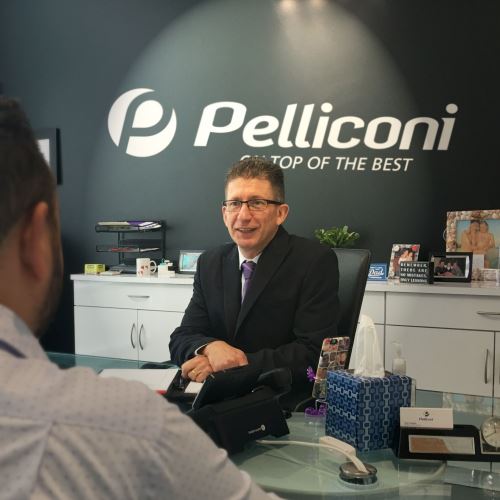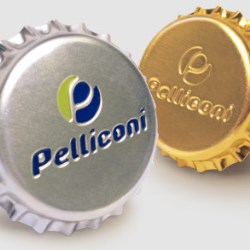If this is your company, CONTACT US to activate Packbase™ software to build your portal.


Tony Chapple, President of Pelliconi Florida discusses Sustainability at Pelliconi. Read more about Tony’s point of view here below:
What is your stand on sustainability and why it is an important part of your business?
Firstly, sustainability is a huge focus in the Pelliconi group. Marco Checchi, our CEO, absolutely wants us to respect the environment in every way possible and I think this is great. And this is also greater for a big company like Pelliconi: this kind of approach shows its huge effects both in short and long terms.
Secondly, I do actually agree with it on a personal level: I like to be sustainable and environmentally focused so it is something that, as a business, we have to do.
This personal and business choice turns out to be conscious but also convenient: the feedback we have received from our primarily customers, especially on the plastic side, is that sustainability is reducing landfills waste. Some of them make of sustainability a smart plus for their company: due to some of the biggest trends in the market, they adopted recycled materials in the production process. A brilliant way to save money, reduce waste and increase product diversification (all at the same time!).
Therefore, if we want to be leaders in this movement, we have to find new innovative and efficient ways to be sustainable.
What is the relationship between sustainability and business success?
The approach to sustainability changed drastically in the past 10 years. Few years back, customers only cared about quality and price. Nowadays, people expect companies to be competitive and innovative towards sustainability.
If you are not ahead of the game in the sustainability movement, you are not going to be a partner and you are not going to have success. Moreover, if we focus on sustainability, it becomes a priority and the fulcrum of the company. Pelliconi started this process years ago as direction of growth and development, so today it became integral part of every single aspect inside and outside our establishments: from the production process to the marketing choices, from the commercial attitude to the most peculiar features of life at Pelliconi.
Being more sustainable is often costly, so would you say that greater sustainability leads to negative business performance?
No, I would say the opposite. When we started our sustainability project, we said that this was not a margin-generating project. If we do generate a margin, we feed it back into the company. It does not go into the company profitability, it does not get absorbed by another budget but it is given back and we can do something else with it. I also remember saying “I bet that if you focus on sustainability, you will actually generate margin and you will have more money to spend”, and within a short period of time that was the case. We can say that’s an important part of the investments that guide Pelliconi’s constant development.
How is Pelliconi helping the environment?
Simply by reducing the amount of waste in every area of the business. Some easier than others. We have stopped buying plastic utensils, cups and plates and started using only metal cutlery.
Our plastic department has also achieved great goals. We have already halved our landfill waste inside 6 months. So from 6 months of having genuine focus on sustainability we have cut in half the amount of landfill waste we were producing and it is now down to 8lb a year. And let me say: we are very proud of that!
What are your most important sustainability measures right now?
We initially focused on reducing the landfill waste, which we made a lot of progress on. Then the secondary step has been using post-consumer recycled (PCR) material back into our supply chain.
We are trying our best to produce as less waste as possbile. Of course, it looks good to say that you are able to recycle everything you produce, but if you are producing tons and tons of material, which goes into the recycling stream, it is not always environmentally friendly. We first need to focus on reducing the amount of waste we produce and then make sure that all that waste is recycled.
What is the end goal of this sustainable project?
I think, realistically, getting to 50% use of PCR in our caps within 3 years would be a great achievement. The obvious goal is to use 100% PCR in our products but it’s definitely less realistic.
What are your big challenges within the next couple of years?
Availability of PCR and how suitable it is for our products. That is a big question mark at the moment. We have the desire to do it, the material is available and it is definitely more expensive but I do not see the expense part as stumbling. Any forward thinking company would say “let’s not worry about the price too much, let’s worry about being innovative and sustainable” because even if the costs may seem high, the advantages that sustainability brings to the company are far superior.
In any case, we are very excited to see what these choices will mean for the future.









